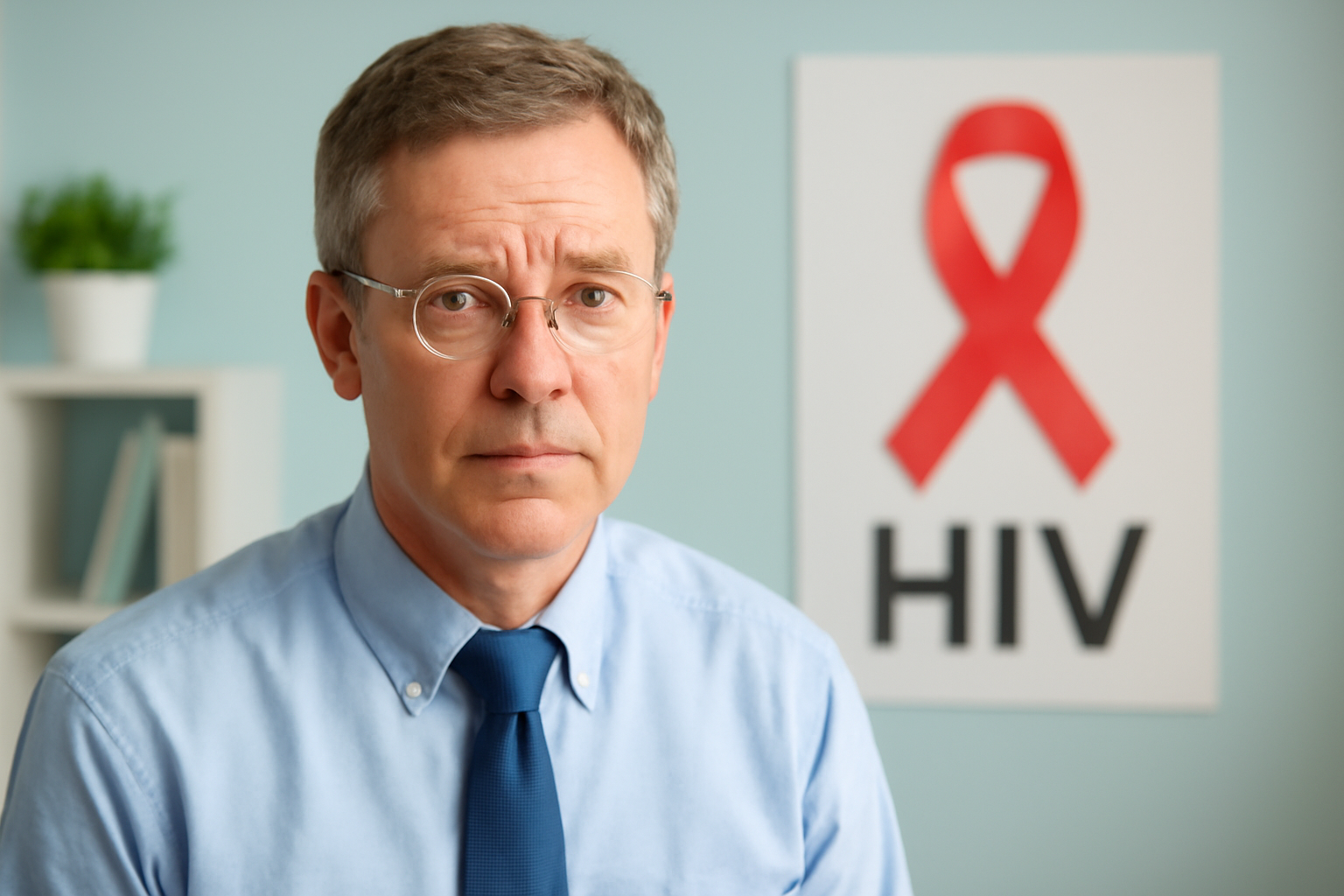
Potential Impacts on HIV Prevention Efforts
The U.S. Department of Health and Human Services (HHS) is reportedly examining the possibility of closing the HIV Prevention Division of the Centers for Disease Control and Prevention (CDC). In addition, there are discussions about transferring some associated programs to other agencies, according to recent reports.
Sources from within the government, speaking under the condition of anonymity, have disclosed that the current administration is contemplating these changes as part of a broader strategy. This includes potential funding reductions in domestic HIV prevention initiatives, a move that follows recent cuts to international U.S. HIV program funding.
While no final decisions have been made, the fact that these options are being seriously considered has sparked significant concern among various advocacy groups. Reports indicate that 13 prominent LGBTQ+, HIV, and health organizations have issued a collective statement on March 19. They warned that such changes could severely hinder the nation's progress in combating AIDS.
Community and Advocacy Group Responses
Among the organizations expressing alarm are Whitman-Walker Health and the Los Angeles LGBT Center. These groups, along with others, argue that scaling back the CDC's HIV prevention efforts could reverse years of progress and lead to a resurgence of HIV infections.
Carl Schmid, the executive director of the HIV+ Hepatitis Policy Institute, has been vocal in opposing any funding cuts or reduction in domestic AIDS programs. Schmid noted that it was under the Trump administration's first term that the HIV Epidemic Initiative was launched. This initiative aims to eliminate the HIV epidemic in the United States by 2030 and has already resulted in a substantial decrease in new HIV infections across various demographics.
Schmid's comments highlight the potential contradiction in policy direction, considering the initiative's previous success in reducing infections by 30 percent in adolescents and young adults, and by around 10 percent in other groups.
Official Statements and Future Prospects
In response to inquiries, Andrew Nixon, a spokesperson for HHS, stated that while the agency is reviewing all divisions to identify potential overlaps, no definitive decision has been made regarding the restructuring of the CDC's HIV Prevention Division. The goal is to align with the administration's broader governmental restructuring efforts.
Despite these reassurances, many in the LGBTQ+ and health advocacy communities remain deeply concerned. Kelley Robinson, president of the Human Rights Campaign, emphasized that any move to defund HIV prevention could be catastrophic. Robinson stressed the importance of maintaining and increasing investment in such programs to prevent relapsing into past crises characterized by widespread fatalities due to HIV/AIDS.
The collective statement from the 13 organizations further underscores this sentiment, describing the administration's potential actions as "reckless" and cautioning against the significant human and financial costs that could result from reversing decades of progress in HIV prevention.
The Historical Context and Future Implications
The potential changes in HIV prevention funding and structure come against the backdrop of a long and challenging history with the HIV/AIDS epidemic, particularly within the LGBTQ+ community. Many advocates are concerned that these proposed changes could lead to a repeat of past neglect and hardships faced during the height of the epidemic.
The calls for maintaining robust support for HIV prevention reflect the ongoing need to address this public health issue comprehensively. Advocates argue that now is the time to build upon successful initiatives and invest further in prevention, not to scale back efforts.
As discussions continue, stakeholders from various sectors are likely to remain vigilant, advocating for policies that sustain and expand HIV prevention efforts to protect at-risk populations and ensure continued progress toward ending the epidemic.
These developments will be closely monitored by health organizations and advocacy groups nationwide, as they have profound implications for the future direction of HIV prevention in the United States.
Related Posts
Triumphant Trans Woman Wins Legal Battle and Inspires Others to Stand Up for Their Rights
Breaking new ground: a landmark victory in transgender rights After battling in courtrooms and enduring endless challenges, Diana Portillo, a transgender woman, has secured a monumental victory in her decade-long fight against workplace discrimination. The result? Nearly $1 million awarded in a historic settlement. But this isn't just a win on paper—it represents a powerful precedent in combati [...]
Pride Month in Latin America: Protests and Demands for Equality
**Celebrating Pride and advocating LGBTQ+ rights in Latin America** Pride Month in Latin America was a lively mix where celebration met activism. Communities united, not just throwing a party but making a stand—demanding equality and pushing governments toward better protection and rights recognition. Throughout Latin America, pride events erupted in marches and cultural displays, each with a c [...]
Transgender Erasure Actions Implemented by National Park Service
```html Trump administration's impact on national park service and transgender recognition The Trump administration made notable moves in undermining transgender representation, which included directing agencies like National Park Service not include "T" and "Q" when they refered “LGBTQ” in any official communication. This move seems part a broader plan by this administration aimed at reducin [...]